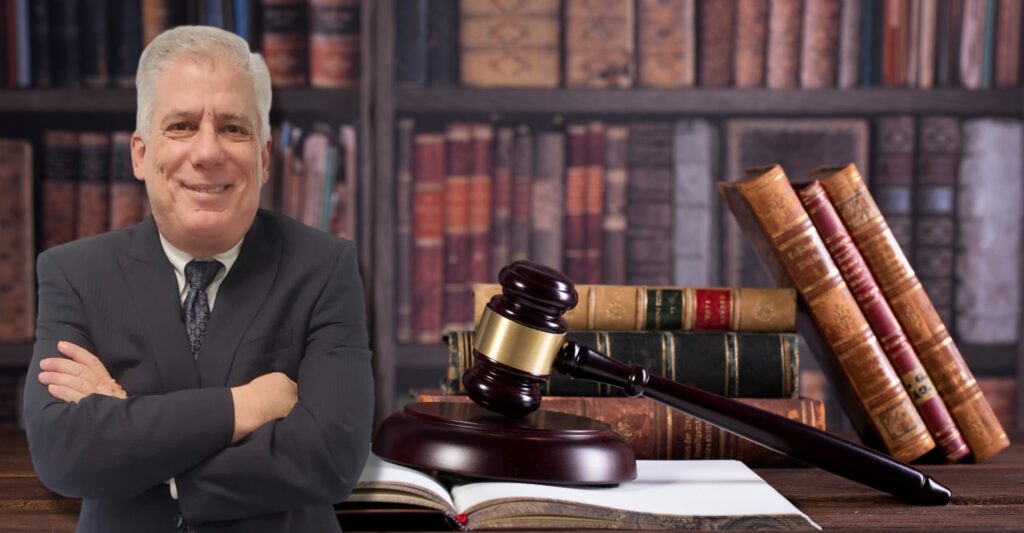
Filing for bankruptcy is a difficult decision to make, but it is an option that can help you get a fresh start financially. If you live in Miami, it is important to know the ins and outs of bankruptcy so that you can make an informed decision about whether it is the right choice for you. This guide will provide a comprehensive overview of the bankruptcy process in Miami, from determining eligibility to completing the filing process.
Eligibility for Bankruptcy in Miami
To be eligible for bankruptcy in Miami, you must pass a means test, which is used to determine whether you have the ability to repay your debts. The means test is based on your household income, expenses, and the number of people in your household. If your income is too high, you may not be eligible for Chapter 7 bankruptcy, which is the most common type of bankruptcy. Instead, you may have to file for Chapter 13 bankruptcy, which requires you to repay your debts over a period of three to five years.
Types of Bankruptcy in Miami
There are two main types of bankruptcy in Miami: Chapter 7 and Chapter 13. Chapter 7 bankruptcy is designed for those with limited assets and low income, while Chapter 13 bankruptcy is designed for those with a regular income and significant assets.
Chapter 7 Bankruptcy
Chapter 7 bankruptcy is often referred to as a “liquidation” bankruptcy because it requires you to sell your assets in order to pay your debts. This type of bankruptcy is typically the fastest and simplest type of bankruptcy, and it allows you to discharge most of your unsecured debts, such as credit card debt and medical bills.
Chapter 13 Bankruptcy
Chapter 13 bankruptcy, on the other hand, is a “reorganization” bankruptcy that requires you to repay your debts over a period of three to five years. This type of bankruptcy is designed for those with a regular income who want to keep their assets and pay their debts over time. With Chapter 13 bankruptcy, you will need to submit a payment plan to the court, which will then be reviewed by your creditors. If the plan is approved, you will make payments to a bankruptcy trustee, who will distribute the payments to your creditors.
Filing for Bankruptcy in Miami
Once you have determined that you are eligible for bankruptcy and have decided which type of bankruptcy is right for you, the next step is to begin the filing process. In Miami, you will need to file your bankruptcy petition with the U.S. Bankruptcy Court for the Southern District of Florida. Along with your petition, you will also need to provide a number of other documents, including your financial statements, tax returns, and a list of your creditors.
The Bankruptcy Process in Miami
Once your bankruptcy petition has been filed, the court will schedule a meeting of creditors, also known as a 341 meeting. At this meeting, your creditors will have the opportunity to ask you questions about your financial situation and the reasons why you are filing for bankruptcy. After the meeting of creditors, the court will either approve your bankruptcy case or schedule a hearing to determine whether it should be approved. If your case is approved, you will receive a discharge of your debts, which will release you from liability for most of your unsecured debts.
When to Hire a Bankruptcy Attorney in Miami
Filing for bankruptcy can be a confusing and overwhelming process, particularly in Miami where the laws and procedures can vary significantly from other areas. Hiring a bankruptcy attorney can help ensure that you navigate the process successfully and protect your rights. In this guide, we’ll explore when it’s time to hire a bankruptcy attorney in Miami.
Complexity of Bankruptcy Law
Miami’s bankruptcy law is complex and can be challenging to understand without the help of a professional. An experienced bankruptcy attorney in Miami, such as Michael Brooks, will have the knowledge and skills needed to guide you through the process, from determining eligibility to preparing and filing your petition.
Protecting Your Assets
When filing for bankruptcy in Miami, it is crucial to protect your assets. An attorney can help you understand the exemptions available under Florida law, which can help you keep your assets during the bankruptcy process. Additionally, an attorney can help you structure your bankruptcy case in a way that maximizes the exemptions available to you.
Objections from Creditors
During the bankruptcy process, creditors may object to your case, either to the discharge of specific debts or to the exemptions you are claiming. An attorney can help you respond to objections from creditors, and represent your interests in court if necessary. Michael Brooks, a bankruptcy attorney in Miami, has extensive experience handling objections from creditors and can provide you with the guidance and representation you need.
Complex Financial Situations
If your financial situation is particularly complex, it may be difficult to navigate the bankruptcy process without the help of a professional. For example, if you have multiple sources of income, large amounts of debt, or a significant amount of assets, it may be necessary to hire an attorney to help you understand your rights and obligations. Michael Brooks, a bankruptcy attorney in Miami, can help you navigate complex financial situations and provide you with the guidance and representation you need.
Conclusion
Hiring a bankruptcy attorney in Miami can help ensure that you navigate the process successfully and protect your rights. If you are considering filing for bankruptcy, it is essential to consult with an experienced attorney, such as Michael Brooks, who has a proven track record of helping clients in Miami. An attorney can help you understand the process, protect your assets, and respond to objections from creditors, ensuring that you are able to get the fresh start you need.

